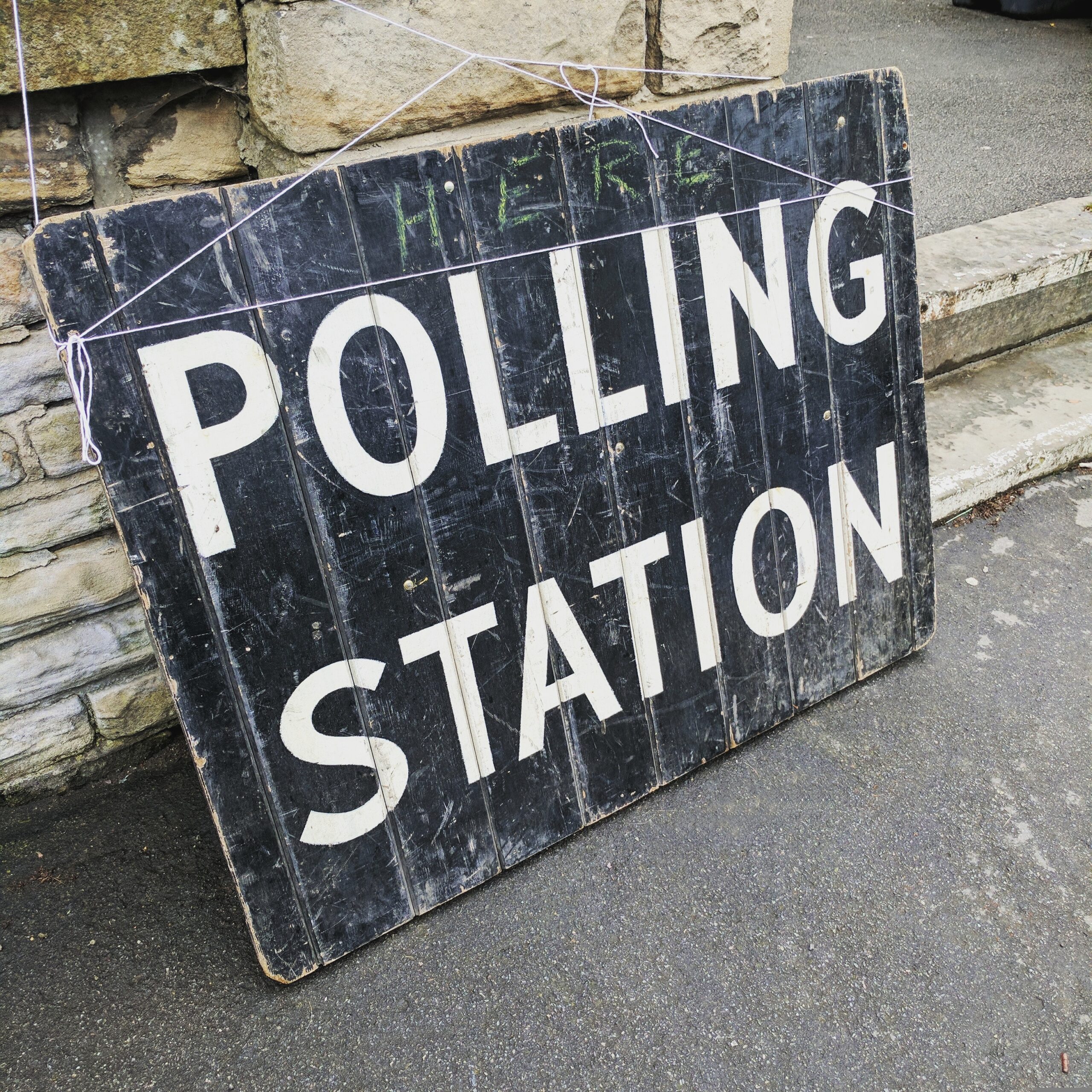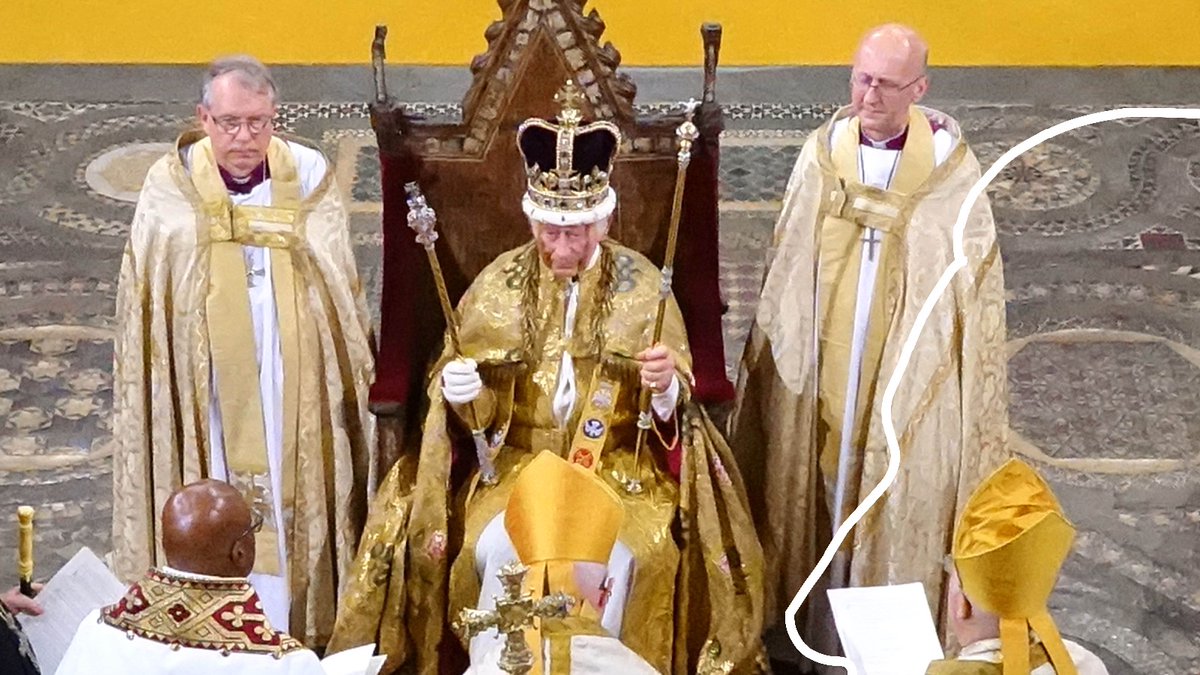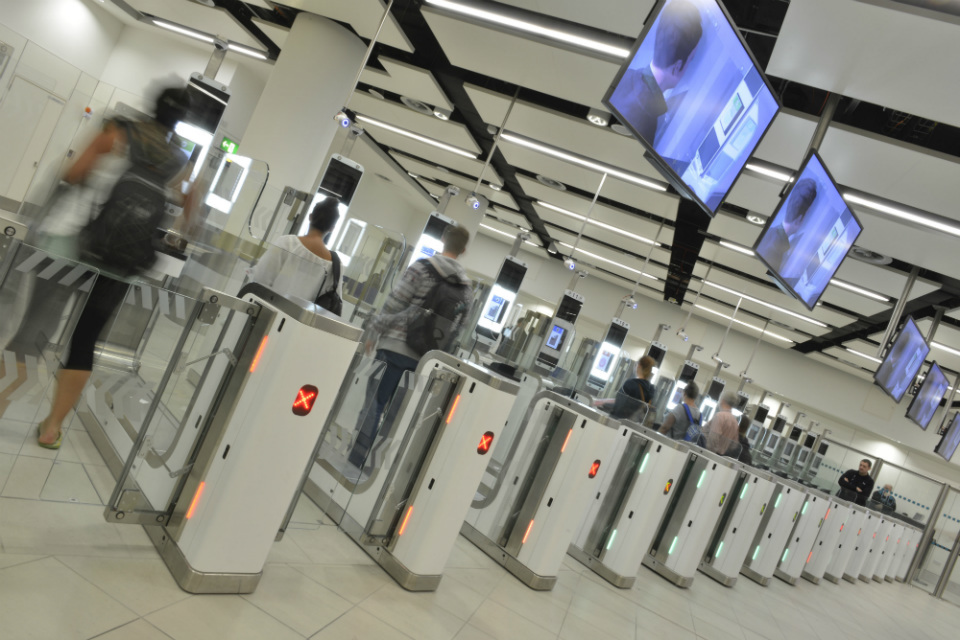Full Fact has created an automated technology which is now used by similar organisations around the world, and is intended to help UK users check the veracity of politicians’ statements
A fact-checking organisation is rolling out an artificial intelligence tool to monitor possible misinformation and disinformation ahead of the UK’s upcoming general election.
Full Fact, which fact-checks claims made by public figures and users of online platforms, has been expanding the rollout of a new AI-powered tool which aims to provide a quicker and more efficient way to filter and identify online misinformation. The technology is designed to filter through vast amounts of online data from news websites and major social media platforms, enabling users to find what is being said in a public debate and by whom, with different features which allow you to search by topic, speaker, or political party. This can then support users in tracking whether and when public figures repeat claims known to be false.
The organisation began to develop the tool in 2019 and it is now being used by fact-checkers from South Africa, Nigeria, Kenya, Senegal, Australia, Egypt, Iraq, Jordan, Lebanon, Libya, Palestine, Sudan, Tunisia, and Yemen.
“AI really allows the media monitoring and claim identification to be taken off the hands of fact-checkers, so that they can focus on doing what they do best, which is understanding context and nuance, finding experts, looking at data, analysing and understanding it and then importantly, communicating their findings to communities that are affected by misinformation,” Full Fact’s senior product manager Kate Wilkinson said.
Related content
- ‘Simple hygiene’ – stats watchdog flags up Whitehall transparency gaps
- Met Police creates head of data rights post to ‘ensure transparency and build trust’
- Transparency: Court rules that junior officials’ names should not be redacted from public legal challenges
As the UK approaches a general election by the end of this year, alongside important elections in many other countries, Wilkinson argued it was more important than ever for fact-checkers to use technology to navigate the risks of misinformation more effectively.
“We genuinely believe that tech and specifically AI has the potential to transform fact-checking and transform the wider fight against false information,” she said.
While it is mostly other fact-checking organisations that have so far used the tool, a number of research and advocacy organisations and charities have also used it to monitor misinformation around their topics. The Office for Statistics Regulation is one such client, using it to find cases where official statistics were being misrepresented or misused so that they could intervene if needed.
There are potential gaps, however, particularly on how to monitor misinformation on encrypted messaging apps such as Whatsapp.
“I think that is a challenge, it will continue to be a challenge, but what we have seen is that misinformation does tend to leak between channels,” Wilkinson said. “So it’s something that we’re going to need to invest in and to try and bring as much monitoring onto the platform as possible. But I expect to be an ongoing challenge given the state of current social media platforms and new ones which will pop up.”

The full version of this story can be read on PublicTechnology sister publication PoliticsHome




